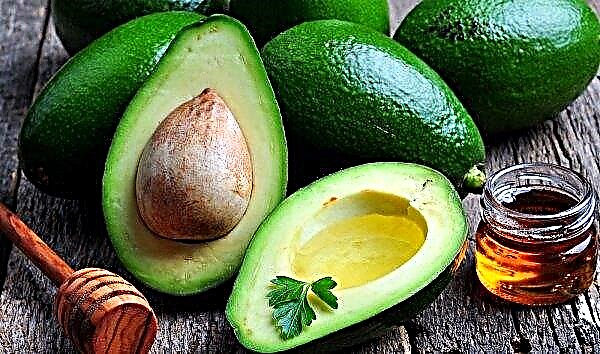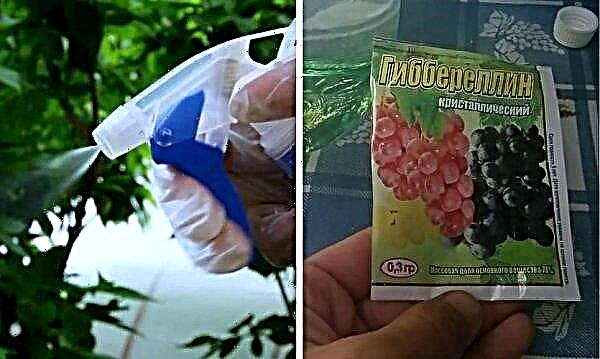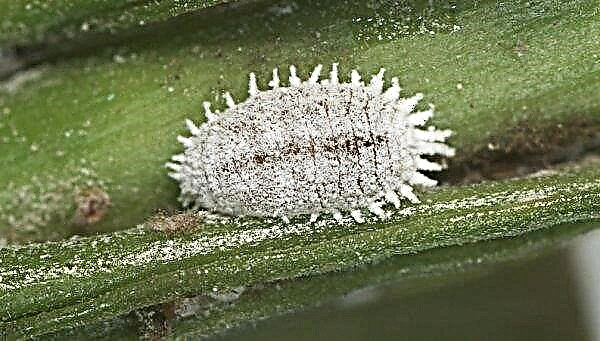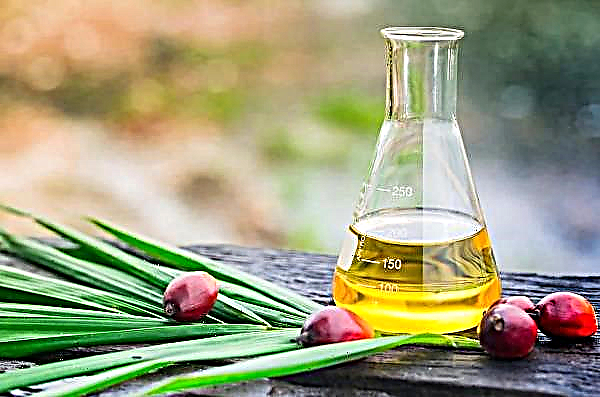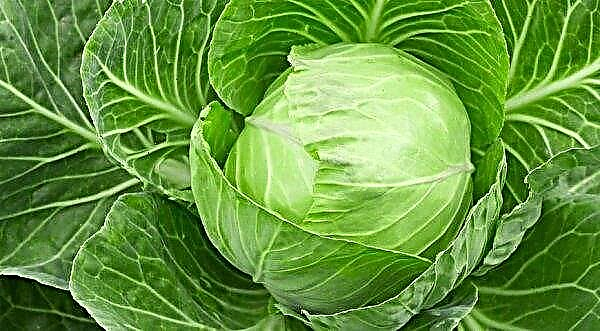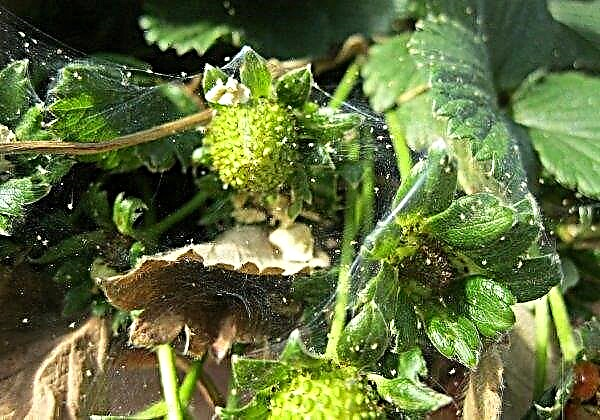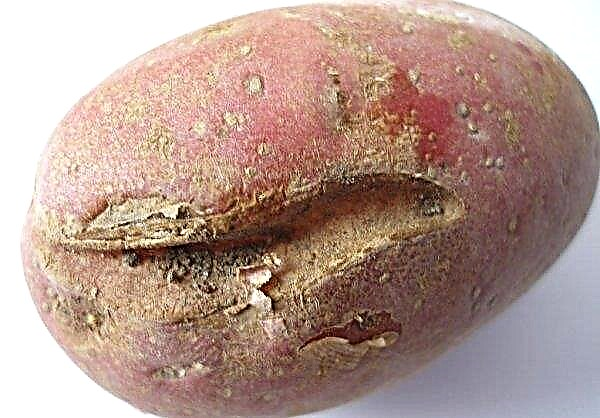The spread of the coronavirus epidemic and various restrictions hit the ornamental plant sector during the busiest spring season.
A serious income gap cannot be compensated by producers, and they face insolvency without outside help.

The negative effects of the economic crisis caused by the coronavirus could be felt by gardeners who produce seasonal flowers. The spread of the virus and the restrictive measures taken by individual states have made many markets inaccessible, and the uncertainty and deterioration of consumer sentiment have caused significant damage to the ornamental plants sector.
Flowers are depicted on the arms of such countries: Iran, Ireland, Switzerland, the Netherlands.
It is expected to fall during the whole spring and early summer, which will put the industry in a very difficult position. One year of investment and work for Hungarian gardeners has become completely unprofitable. Losses, if the company survives at all, can be repaid within one year, while contributions and salaries still have to be paid.
Prior to the official promotion, all Hungarian consumers can help the situation of domestic producers and the Hungarian economy during restrictions on coronavirus. However, now Laszlo Orloci, president of the Interprofessional Association of Hungarian Ornamental Gardeners, and Balás Dierfi, president of the National Chamber of Agricultural Economics, are writing to the public in an open letter to save the ornamental plant sector.
Direct speech: “On behalf of local decorative gardeners and florists, we ask local authorities: not to apply bans on urban flowering and landscaping. Also, please do not close the markets that are the most important places for selling spring flowers and small products! And for the public that can do this, buy flowers, ornamental plants, and small local products! ”
- During the growing season of 2019, under favorable weather conditions for apricot gnomoniasis, its distribution in orchards is possible in Zaporizhzhya, Kherson and other southern regions, where the culture is traditionally grown.
- Minister of Agriculture Desislava Taneva and her deputies presented today the measures that they intend to take in relation to the fruit and vegetable industry.
- In 2019, the damage to the Israeli horticultural sector amounted to 69 million euros. This is evidenced by a recently published government report.


